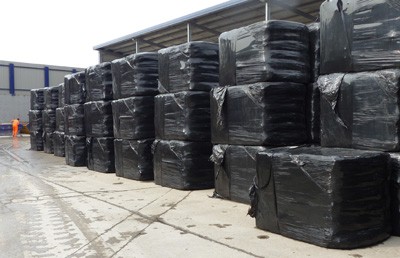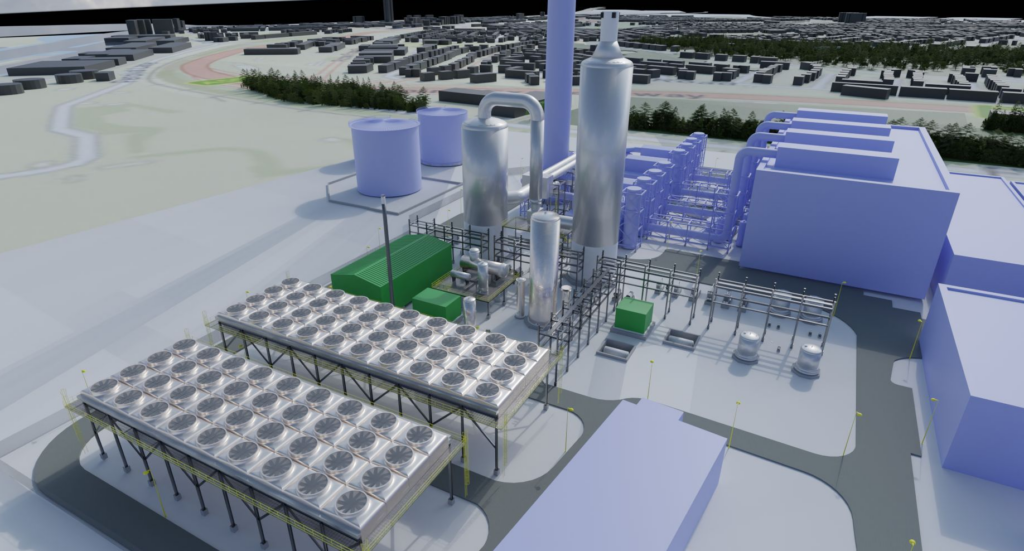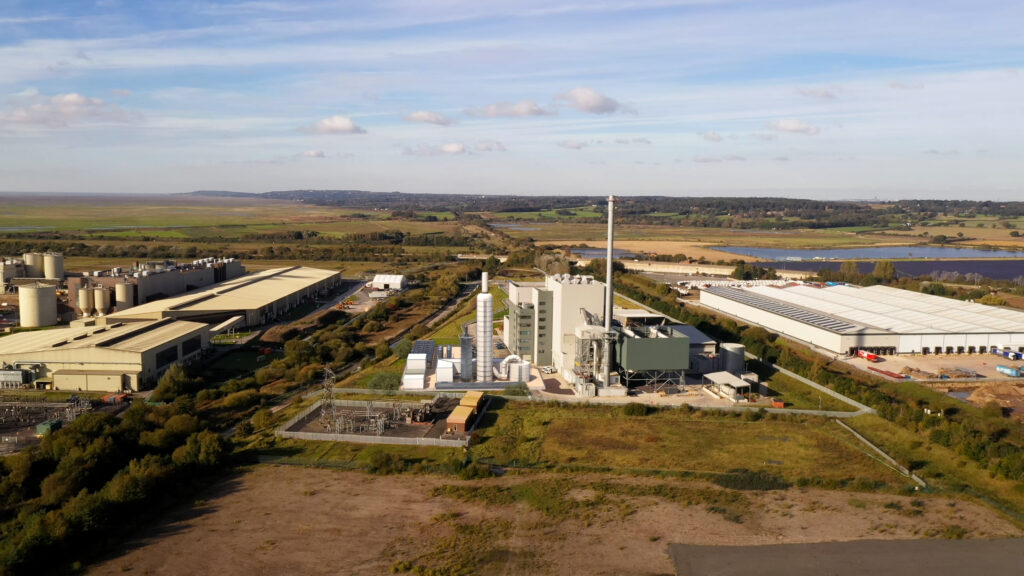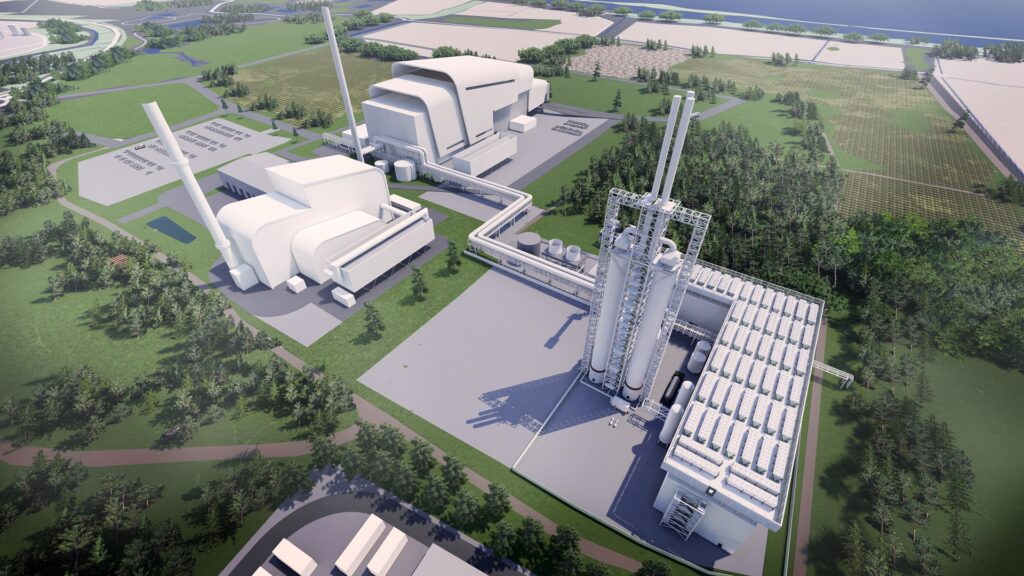
The definition will be trialled with the industry for a six month period starting early next year, according to Defra. It has been developed alongside the Environment Agency after “working closely with a range of operators with an interest in the RDF sector”.
After more than a year in development, the full, two-sentence definition is as follows:
Refuse derived fuel (RDF) consists of residual waste that is subject to a contract with an end-user for use as a fuel in an energy from waste facility. The contract must include the end-user’s technical specifications relating as a minimum to the calorific value, the moisture content, the form and quantity of the RDF.
The definition released today differs slightly from the ‘concise’ draft definition which appeared in an email sent out to RDF industry stakeholders by the Environment Agency in August (see letsrecycle.com story).
In a statement accompanying the definition, Defra said today: “The aim of the definition is to help the Environment Agency regulate the RDF sector so that any waste described as RDF is legitimate and has a definite end-user. This will help address cases of waste described as RDF being abandoned or causing environmental problems such as leaching, after being stockpiled for long periods. Legitimate businesses in the RDF sector should be unaffected by the definition.”
Regarding the six month trial, Defra also explained that regulators and operators involved in the RDF sector would be asked to help evaluate the success of the trial, including “how effective the definition has been at meeting its objectives, how easy the definition has been to work with and whether the definition has resulted in any additional costs and burdens to legitimate operators and regulators”.
The Environment Agency will provide further information on the trial “shortly”, Defra said.
The agency has previously said that it does not wish to prevent the production of RDF for appropriate and permitted use in the UK or elsewhere, and that it wants to ensure that entry to the market “is constrained to those who are producing RDF for a genuine recovery end use, with an end user contractual specification in place, and not on a speculative basis without concern for final destination”.
Call for evidence results
It follows Defra’s March 2014 call for evidence on the UK’s RDF market, after which the Department said it would develop a written definition of RDF and standards for its treatment, but intended to leave precise specifications for composition of the material up to end-users (see letsrecycle.com story).
According to Defra, the main concerns highlighted by respondents to the call for evidence included illegal or unscrupulous activity undermining the reputation of the sector and environmental problems resulting from poorly stored and managed RDF.
Defra said that a “combination of actions” undertaken alongside the Agency on waste crime was “progressing well” and would address the majority of concerns highlighted by the industry.
However, respondents reportedly showed “very little support” for a treatment standard due to concern that this would “duplicate the separate collection requirements that came into force in January 2015 and that it would be too complex to capture all the processes by which waste could be treated to produce RDF in a single standard”.
Defra also said that the introduction of a treatment standard “would also run counter to our work to cut red tape for the industry”.










Subscribe for free